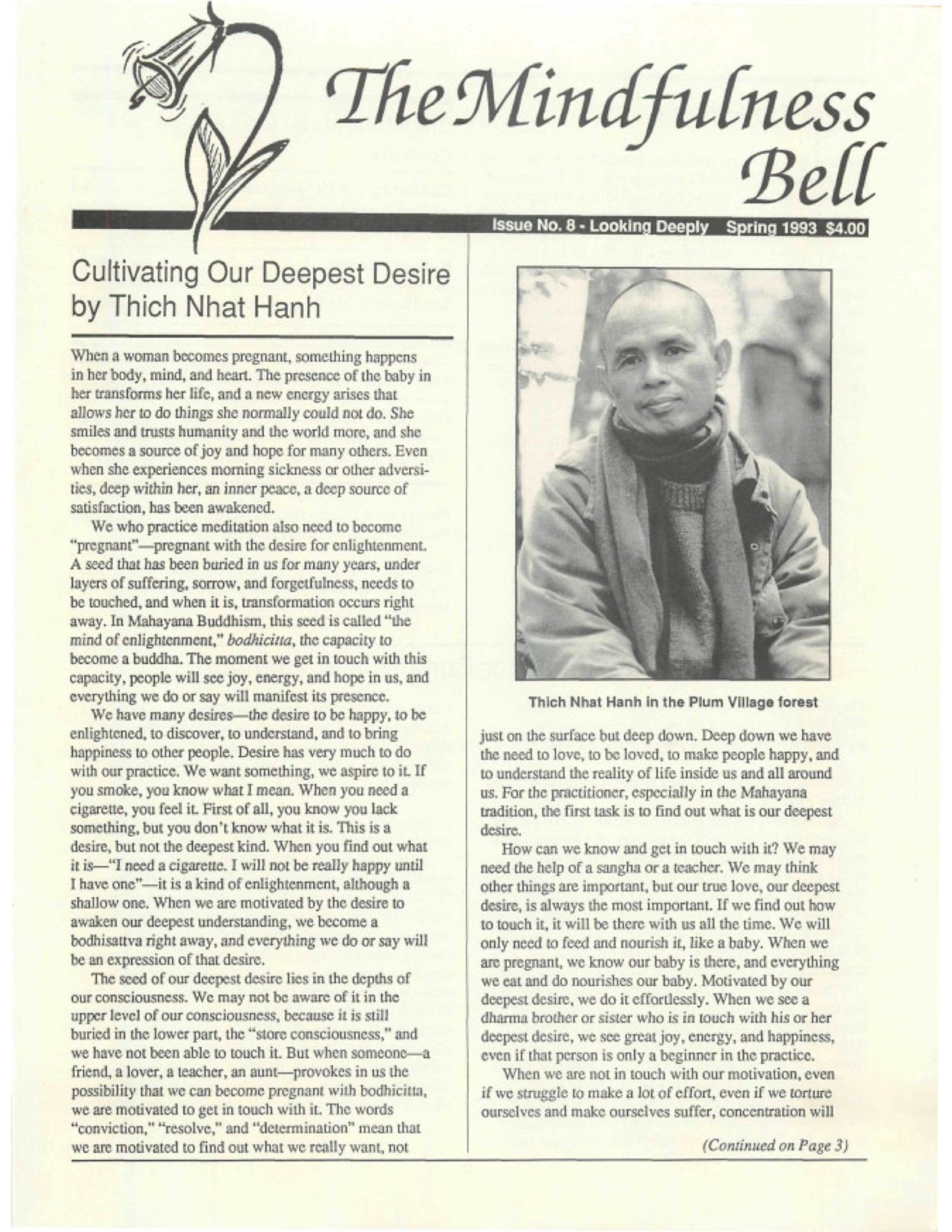By Tomas Frehse
Once again houses are burning in Germany, Molotov-cocktails are crashing into the rooms of refugees and those seeking political asylum here. Once again, victims of racism are dying. But this situation is very different from the Germany of the 1930s and ’40s. 300,000 people in Munich recently built a chain of light through the town to protest the racism and hatred toward foreigners. Human chains were also built in Hamburg and Berlin, as well as in smaller towns like Dresden and Bremen.
By Tomas Frehse
Once again houses are burning in Germany, Molotov-cocktails are crashing into the rooms of refugees and those seeking political asylum here. Once again, victims of racism are dying. But this situation is very different from the Germany of the 1930s and '40s. 300,000 people in Munich recently built a chain of light through the town to protest the racism and hatred toward foreigners. Human chains were also built in Hamburg and Berlin, as well as in smaller towns like Dresden and Bremen. Factory managers declared they would lay off any worker who acted in a racist way or carried material supporting racism. People are aware of what is going on and are standing up to it. That is important and necessary. But it is too easy to set a line between "we are the good," and "you are the evil."
When I try to look deeply, I can see that the root of the violence against refugees is fear—fear of unemployment, fear of a society that is changing rapidly, fear of being confronted with people who look, talk, and act differently. When I close my eyes and look inside myself, I also find fear there—fear in the face of this violence, fear of what is going on in my country and in the world, fear of leaving such a world to my children. When I look deeply inside, I see fears that are not much different from the fears of those who create the Molotov-cocktails and set fire to houses. I am often afraid of facing parts of myself that are strange, that want to act in a different way. I fear myself when I am not as I like to be, wish to be, or ought to be.
The people of Mollin and Rostock throw Molotov-cocktails because they cannot face their fears or succeed in transforming them. If I don't face my own fears, I will also throw Molotov-cocktails, maybe different ones—at my wife, my children, my sangha, and myself. I hope I can be mindful enough to set up 300,000 lights of awareness in myself in order to embrace my fears.
Tomas Frehse is a physical therapist in Stade, Germany, near Hamburg

